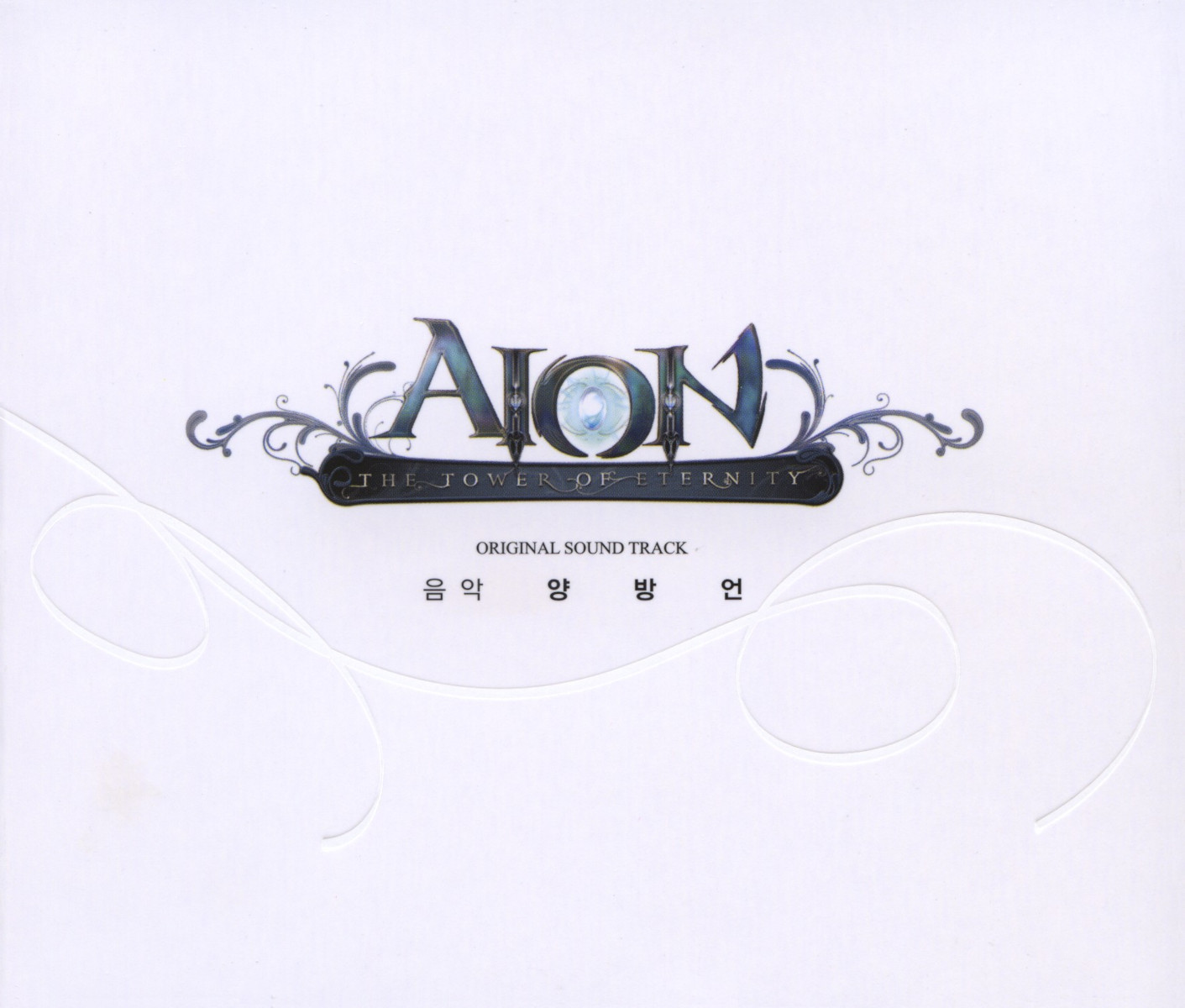NCSoft’s latest MMORPG, Aion: The Tower of Eternity, contains one of the best soundtracks I’ve ever heard for an MMORPG. The soundtrack comes from a Korean/Japanese composer (Yang Bang Ean / Ryo Kunihiko); he goes by both names, as he was born in Japan and now resides in South Korea.
Having this all-star musical power behind an MMORPG is pretty surprising. Looking over Kunihiko’s previous works, you’ll find that he’s worked with the London Philharmonic, and he’s composed scores for television and film for well over a decade. The soundtrack to Aion is just another jewel in the crown for this composer: but for VGM fans, it’s something much more unexpected, something unique and powerful.
One of my favorite things about the Aion soundtrack is the emphasis put on the piano. Piano appears on many of the 22 tracks on the album, and it gets prominence (main melody, solos, etc.) in at least half of those tracks. Kunihiko lists Maurice Ravel as one of his influences on his old (now-defunct) MySpace page. I immediately detected the impressionist influence in the music. It’s less like Hamauzu (who seems to be in the Debussy school instead of Ravel), and more like… something you’ve never heard, unless you know Ravel. When Debussy wrote music for a fast tempo, it would typically be very fragmented in the phrasing (not in a bad way, it was a technique, and it sounds great). Ravel was very good at smoothing over his non-traditional melodic phrases, regardless of tempo. Kunihiko does the same thing, and he does it quite well. Kunihiko doesn’t limit himself to one style, of course. There is a lot of East Asian influence, industrial influence (Kunihiko cites Nine Inch Nails as a source of inspiration), and other Western classical styles.
A female vocalist added her talents to the score on a number of tracks, and her ethereal voice reminds me of early Tori Amos. One track, “Song of Moonlight,” has a non-lyrical vocal performance that reminds me of Chance Thomas’ “Dance of Mystery and Intrigue” (from Quest For Glory V). This particular piece is what caught my attention, and it acted as a gateway, leading me to eventually listen to and fully appreciate the entire soundtrack.
The soundtrack was printed by NCSoft in Korea, but it seems that it can be purchased separately, and some online retail outlets are currently stocking it. I highly recommend purchasing this soundtrack. We at RPGFan have taken note of slight differences in VGM styles among Korean and Japanese composers. But this composer has worked in both countries composing commercial music; atop all this, it seems he is a well-learned composer, and you can expect to hear plenty of wonderful music if you choose to pick up this album.




